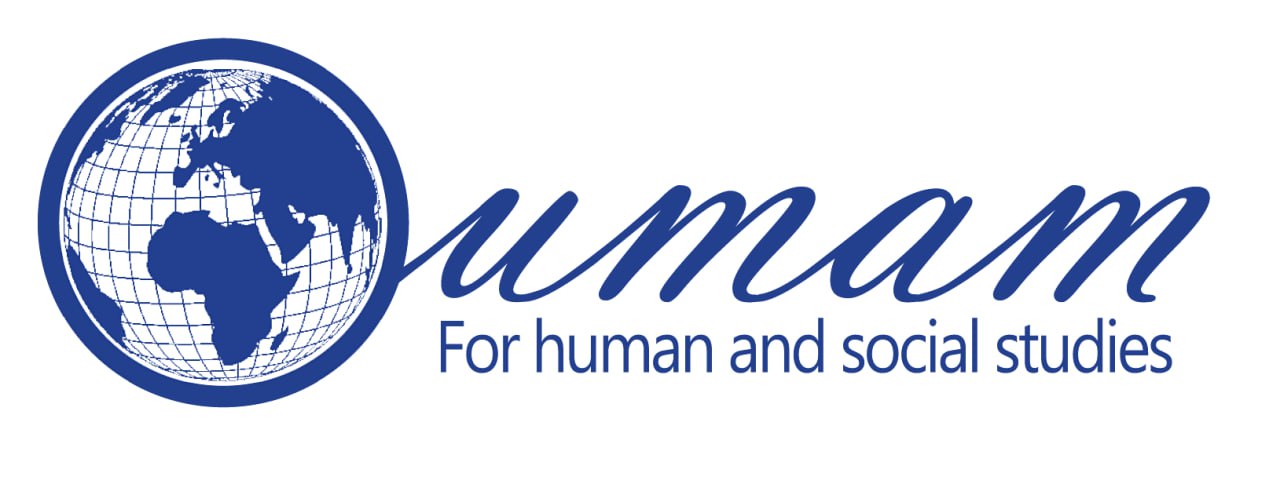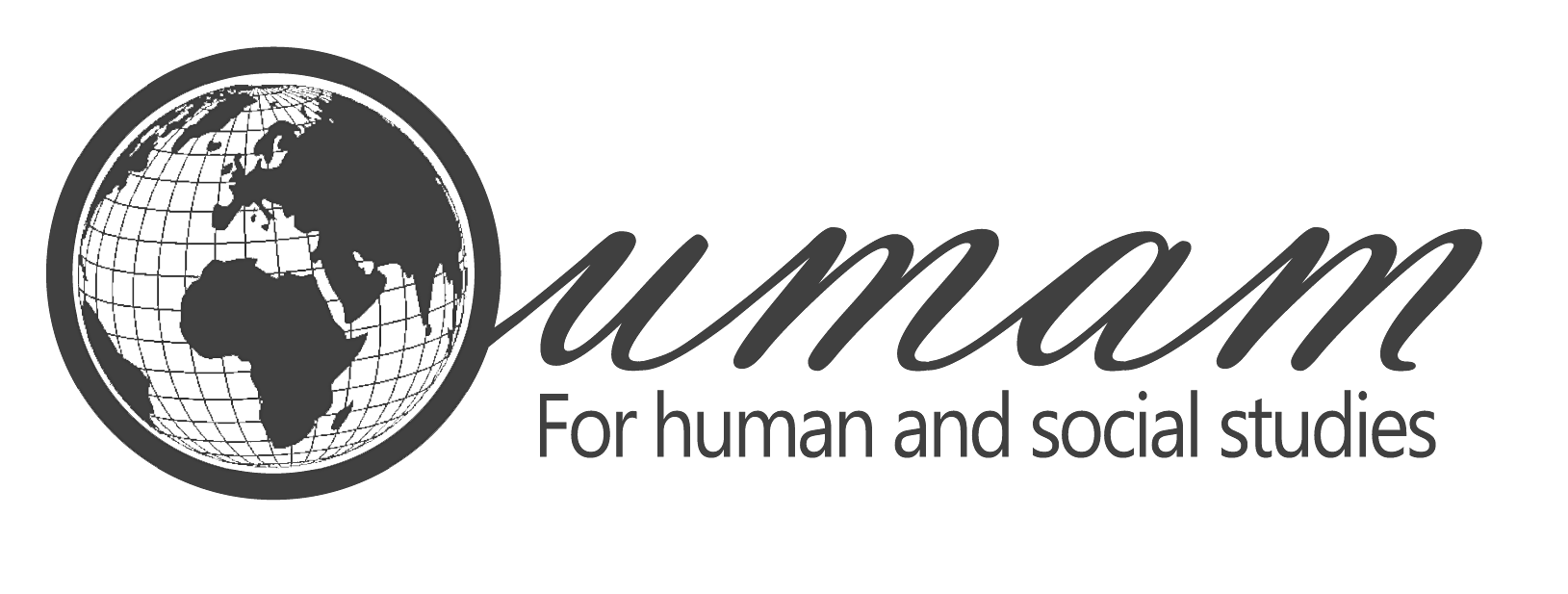'Freedom' has become a magical word, creating an image of a person free from restrictions, independent in their decisions, and in control of their choices. Rather, does this person really exist? Or is this image a fictional idea, created in the rooms of modern Western philosophy, presented as the only measure of dignity and freedom?
We are not trying to downplay the value of freedom, as we understand it to be one of the noblest goals of humanity. However, freedom cannot be understood outside its moral and existential context. The West, which introduced the concept of freedom to the world as a key part of its modern project, is the same West that has turned freedom into a tool of control, control over people, consciousness, and over the self. What is called the 'free human being' in liberal societies today is really just a monitored, programmed individual, shaped by algorithms and influenced by the media and advertising, with their existence confined to predefined behavioral patterns.
In the Qur'anic perspective, freedom does not begin with the individual; it begins with liberation from servitude to anything other than Allah, Almighty. It is a spiritual and ethical state that can only be attained through self-purification and awareness, before it becomes a legal right or a social privilege. It is freedom from the inside, before it is freedom from external constraints.
In this introduction, we begin our discussion with three main points. The first, we analyze the concept of freedom in Western philosophy. The second, we look at the hidden ways control is exercised in its name in the world today; and finally, we explore the Islamic understanding of freedom as a moral liberation from all forms of servitude, except servitude to Allah, Almighty, alone.





Comments